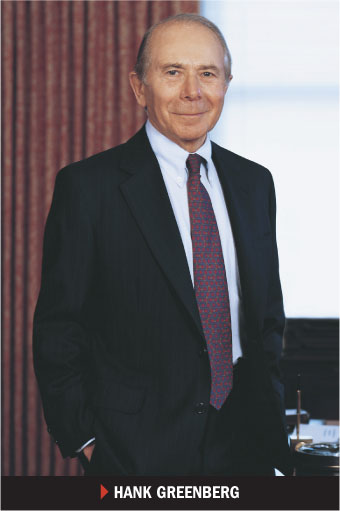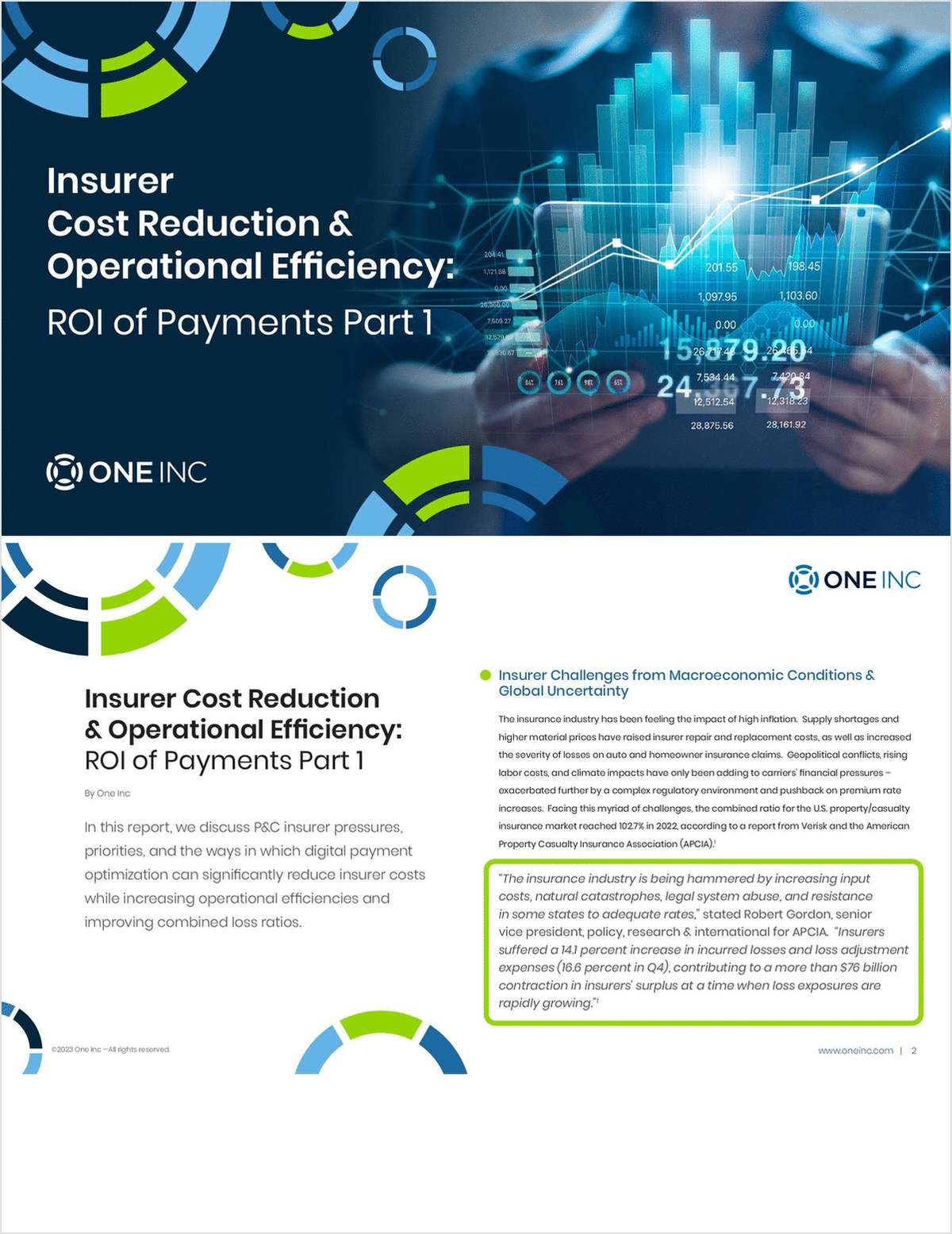 Lawyers for Maurice “Hank” Greenberg, the former chairman and CEO of AIG, argue in a court filing that the Federal Reserve Board did not have unlimited powers when it moved to aid AIG in late 2008 and that some of its actions breached its duty to AIG shareholders.
Lawyers for Maurice “Hank” Greenberg, the former chairman and CEO of AIG, argue in a court filing that the Federal Reserve Board did not have unlimited powers when it moved to aid AIG in late 2008 and that some of its actions breached its duty to AIG shareholders.
The filing was in response to one in April made by the Federal Reserve Board of New York (FRBNY), calling on the court to dismiss a lawsuit that Greenberg—individually and as a shareholder of what was then an AIG subsidiary, Starr International—brought last November against the Fed.
The suit was filed in Federal District Court in Manhattan.
Greenberg, now CEO and chairman of Starr, has also filed suit in the Federal Court of Claims in Washington against the Treasury Department on similar grounds.
In the latest response, filed June 1, lawyers for Greenberg contend that the Fed is wrong in stating that it has immunity from claims incurred in all of its actions regarding AIG.
“In sum, there is no basis for dismissing this case at this preliminary stage and FRBNY's motion [to dismiss the case] should be denied,” the Greenberg response says.
The suit contends the Federal Reserve Board breached its fiduciary duty to AIG shareholders “when it caused AIG to take actions which helped third parties and furthered FRBNY's goals unrelated to FRBNY's core statutory purpose: lending.”
Greenberg's lawyers say the Reserve Board is wrong in contending that when it exercised control of AIG as part of a rescue operation, “it was freed of any duty whatsoever to the loan-receiving entity or its common-stock shareholders.”
The Fed is arguing that all fiduciary duties are preempted and that it is not subject to constitutional constraints.
“FRBNY is not correct, and indeed its argument fundamentally misapprehends the nature of the claims against it,” Greenberg's attorneys say in the filing.
In April, the Fed said the complaint should be dismissed without further imposition of burdens on the FRBNY “and, ultimately, taxpayers.
“Although the complaint downplays AIG's plight as 'a liquidity problem, not a solvency problem,' the 'liquidity problem' was gargantuan and threatened AIG with bankruptcy,” the Fed added.
Greenberg took back Starr as part of an earlier settlement of claims he made against the federal government. Greenberg was ousted from AIG by directors in 2005 and at that time initiated litigation against the company.
Want to continue reading?
Become a Free PropertyCasualty360 Digital Reader
Your access to unlimited PropertyCasualty360 content isn’t changing.
Once you are an ALM digital member, you’ll receive:
- Breaking insurance news and analysis, on-site and via our newsletters and custom alerts
- Weekly Insurance Speak podcast featuring exclusive interviews with industry leaders
- Educational webcasts, white papers, and ebooks from industry thought leaders
- Critical converage of the employee benefits and financial advisory markets on our other ALM sites, BenefitsPRO and ThinkAdvisor
Already have an account? Sign In Now
© 2024 ALM Global, LLC, All Rights Reserved. Request academic re-use from www.copyright.com. All other uses, submit a request to [email protected]. For more information visit Asset & Logo Licensing.








